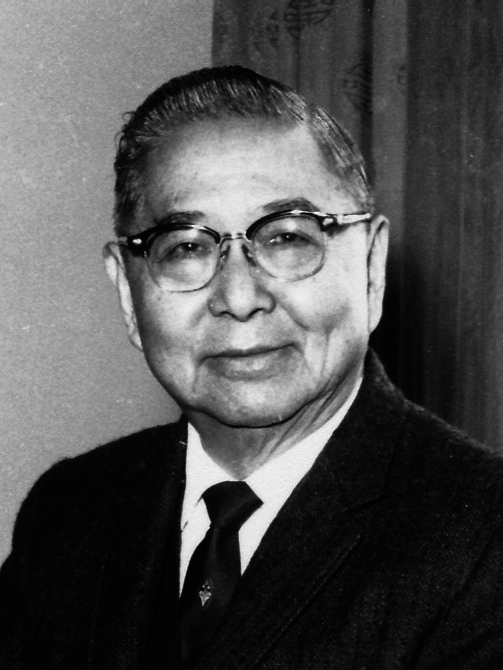Wang K'o-min (1873-26 December 1945), sometime minister of finance at Peking and governor of the Bank of China who later became a member of the Hopei-Chahar political council. From December 1937 to March 1940 he headed the Japanese-sponsored government in north China. Little is known about Wang K'o-min's family background or early life except that […]











